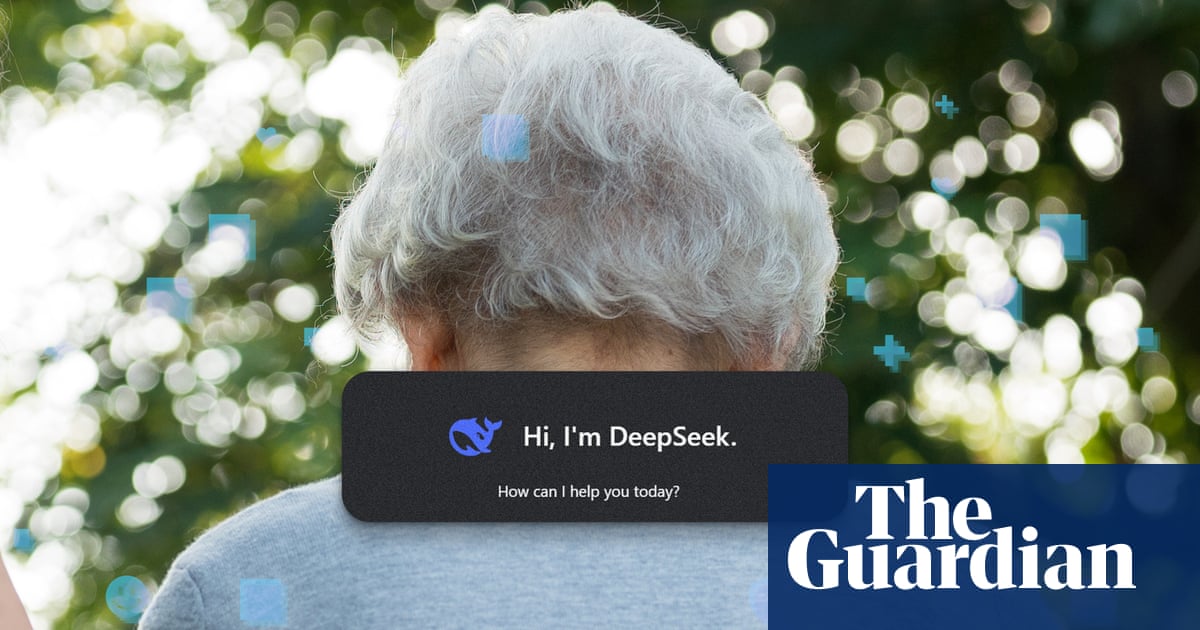
"Every few months, my mother, a 57-year-old kidney transplant patient who lives in a small city in eastern China, embarks on a two-day journey to see her doctor. She fills her backpack with a change of clothes, a stack of medical reports and a few boiled eggs to snack on. Then, she takes a 90-minute ride on a high-speed train and checks into a hotel in the eastern metropolis of Hangzhou."
"At 7am the next day, she lines up with hundreds of others to get her blood taken in a long hospital hall that buzzes like a crowded marketplace. In the afternoon, when the lab results arrive, she makes her way to a specialist's clinic. She gets about three minutes with the doctor. Maybe five, if she's lucky. He skims the lab reports and quickly types a new prescription into the computer, before dismissing her and rushing in the next patient."
A 57-year-old kidney transplant patient travels two days to Hangzhou for specialist care, enduring long queues for blood tests and brief three- to five-minute consultations. She began using China's leading AI chatbot, DeepSeek, to diagnose symptoms, upload ultrasound scans and lab reports, and receive interpretations and guidance on food, exercise and medications. The chatbot suggested reducing her prescribed immunosuppressant dosage and recommended green tea extract. She sometimes spent hours interacting with the chatbot, adjusted her lifestyle and medication based on its advice, and called the chatbot her best health adviser.
Read at www.theguardian.com
Unable to calculate read time
Collection
[
|
...
]